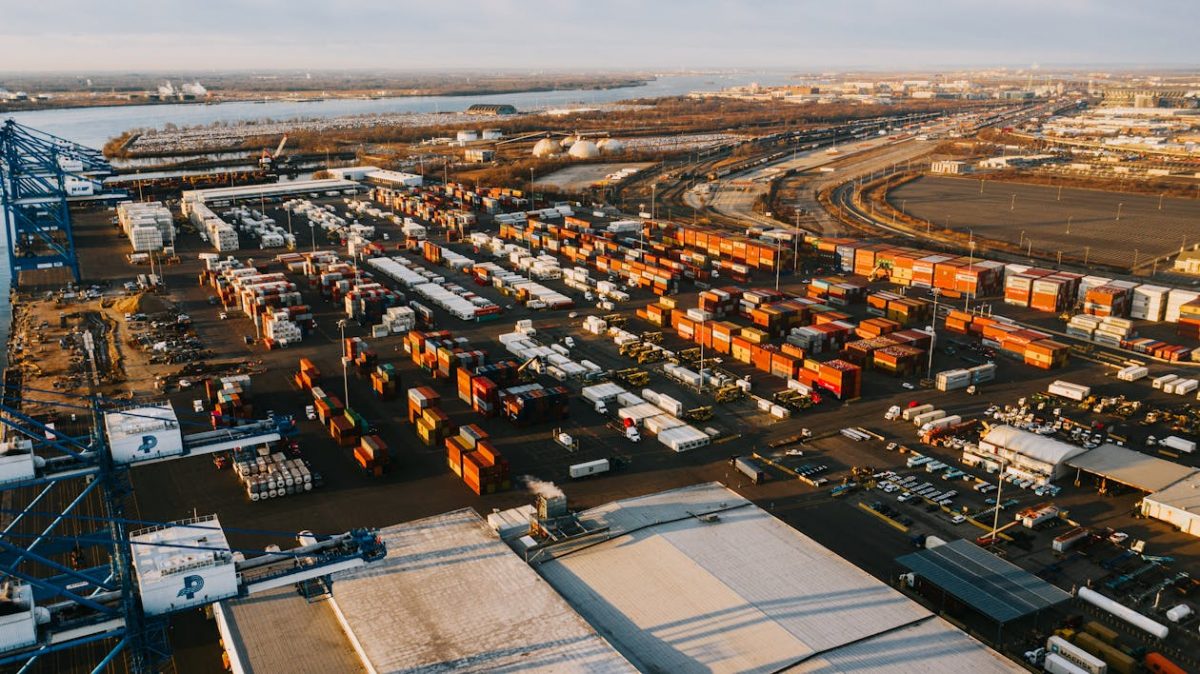How Does the Israel War Affect Global Logistics and Freight Forwarding?

The ongoing war between Israel and Palestine has caused suffering and political instability among citizens. It has also disrupted the operations of the logistics industry, affecting different modes of transportation like air, sea, and land vehicles.
Moreover, the Israel-Hamas conflict that has led to a humanitarian crisis has also affected the supply chains of various sectors like electronics, defense, healthcare, and agriculture.
Disruptions to Transportation Routes of the Global Logistics Industry
The Israel-Palestine conflict continues to unfold in a geographically strategic location with numerous major seaports, airports, and land transit routes that can affect the operations of a logistics company in the Philippines. This conflict has led to severe disruptions in transportation routes and has significantly slowed down the flow of goods in the global supply chains, causing substantial delays in international deliveries.
Increased Insurance and Transportation Costs
The ongoing instability in Israel could potentially result in increased insurance costs for various goods transported in the region. Global logistics companies must carefully consider this factor when pricing international air freight forwarders. The resultant increase in cost could impose a significant financial burden on both companies and end consumers.
Reassessing Current Operations of the Maritime Shipping Industry
The Israel and Palestine conflict has also led the maritime industry to rethink its current operations. The maritime trade route through the Suez Canal for transporting goods between Europe and Asia passes through the Middle East. Any disturbances around the area, such as the Israel-Palestine war, can negatively impact shipping schedules and create bottlenecks in the global supply chain.
Given the current situation, maritime experts are actively monitoring the developments. It is crucial for the maritime shipping industry to promptly adjust its current routes and schedules to mitigate potential risks, underlining the urgency of the situation.
Negative Impact on Global Demand Supply Balance
The disruption of different transportation modes has also negatively affected the supply chains of various sectors that rely on Israel’s production and consumption. One of the affected sectors is electronics, as Israel is known as a major supplier of computer processors and telecommunications equipment in Europe and other markets.
The ongoing war has disrupted the production and delivery of various products. This disruption can affect the global trade demand and supply balance.
Moreover, Israel is prominent for being a leading supplier of military equipment and technology to countries like India, Singapore, Azerbaijan, and Colombia. The ongoing war has increased the demand for these products, but there is also a reduced capacity to fulfill this demand.
Renegotiation of Contracts and Current Supplier Relationships
Another major effect of the ongoing conflict in Israel is the renegotiation of contracts with partners and suppliers. This adjustment can be challenging, but for suppliers and logistics companies, it can be a way to meet new challenges and address uncertainties related to the conflict in Israel. This move will require more effort and flexibility to adapt to a rapidly evolving situation.
Conclusion
The war in Israel has a big impact on the global logistics industry as it generates disruptions in transportation routes, cost increases, and challenges in managing global supply chains. Logistics companies must be prepared to adapt to changing circumstances. Diversification and risk management are crucial for logistics companies to continue operations despite the challenges.
To learn more about the logistics industry, read these informative articles from Excelsior:
Tips when Working with a Freight Forwarder
How Currency Exchange Affects Freight Forwarding Costs
How Different Conflicts Affect the Global Shipping Industry?
